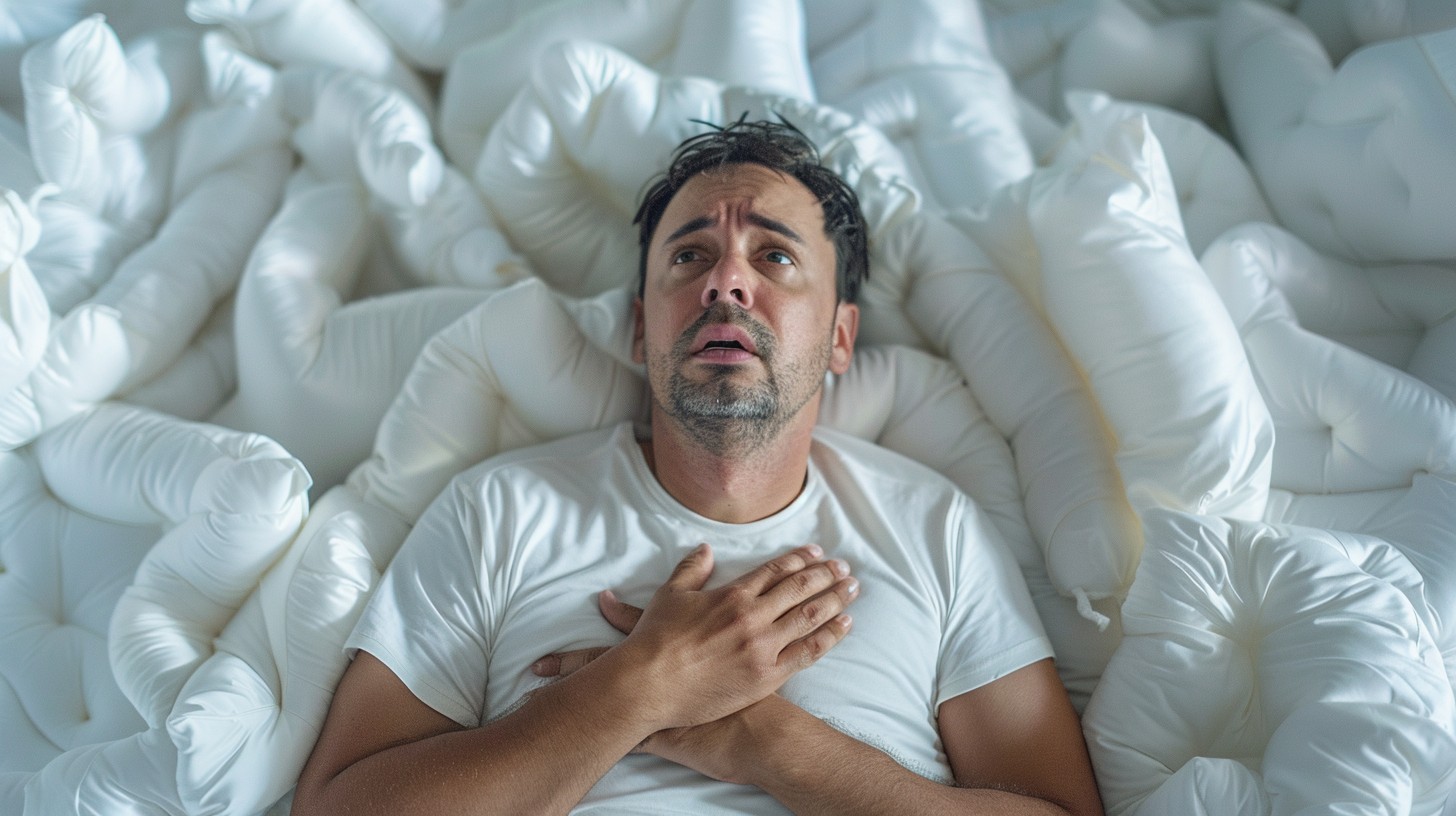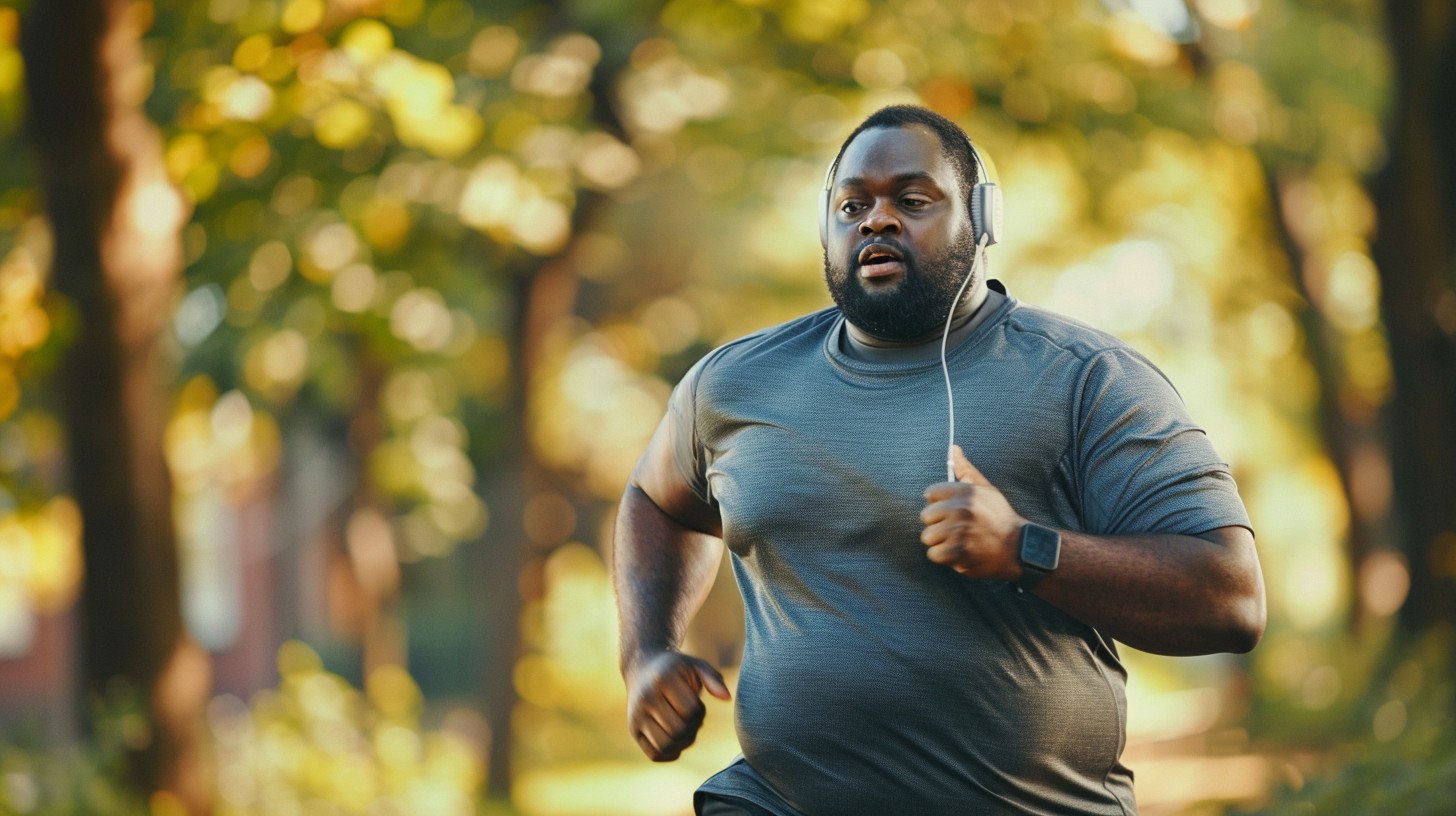A potentially serious sleep disorder, sleep apnoea is characterised by pauses in breathing or shallow breathing during sleep. These interruptions can occur multiple times throughout the night, disrupting sleep patterns and causing daytime fatigue, snoring, and difficulty concentrating. If left untreated, sleep apnoea can increase the risk of serious health problems such as stroke, hypertension, and heart disease.
Types of Sleep Apnoea
There are two primary types of sleep apnoea: Obstructive Sleep Apnoea (OSA) and Central Sleep Apnoea (CSA). Each has a distinct underlying mechanism and causes, both of which can significantly impact an individual’s quality of life and overall health. Understanding the differences between the two types of sleep apnoea is essential for accurate diagnosis and effective treatment.
Obstructive Sleep Apnoea (OSA)
Obstructive sleep apnoea is the most prevalent sleep-related breathing disorder. It occurs when the muscles in the throat relax during sleep, causing a physical obstruction. This obstruction leads to pauses in breathing, shallow breaths, and often gasping for air and snoring. Anything that could narrow the airway, such as obesity, hormonal fluctuations, and enlarged tonsils, can increase the risks of obstructive sleep apnoea.
Central Sleep Apnoea (CSA)
Central sleep apnoea is a breathing disorder that occurs because the brain does not send proper signals to the muscles that control breathing, resulting in interrupted breathing patterns during sleep. This condition can result from other health issues, including heart failure and stroke, and may also be caused by sleeping at high altitude. Furthermore, central sleep apnoea may also be triggered by certain medications or conditions affecting the brainstem.
Symptoms and Signs
- Episodes in which a person stops breathing during sleep, often noticed by a partner or family member
- Gasping or choking sensations while sleeping
- Waking up with a very dry mouth
- Loud and frequent snoring
- Morning headaches
- Restless sleep or frequent awakenings during the night
- Excessive daytime sleepiness or fatigue
Diagnosis and Testing
A healthcare provider may make an evaluation based on reported symptoms and a sleep history, and conduct a physical examination. The individual is then likely referred to a specialist for further evaluation, which often involves overnight monitoring of breathing and body functions during a sleep test.
Sleep Study (Polysomnography)
Polysomnography is the most common test used to diagnose sleep apnoea. It involves spending a night at a medical facility, such as a hospital or clinic. During this study, various measurements are taken, including heart, lung and brain activity, breathing patterns, body movement, and blood oxygen levels while sleeping. These measurements help to detect episodes of breathing pauses or disruptions. Polysomnography is particularly useful when central sleep apnoea is suspected, as it also monitors brain activity to assess the underlying cause of the condition.
Home Sleep Apnoea Testing
Some individuals may opt for home sleep apnoea testing as an alternative to polysomnography, especially if they prefer the comfort of undergoing the test in their own environment. Home sleep apnoea testing involves wearing a portable device at home while sleeping, which records various parameters such as heart rate, blood oxygen level, airflow, and breathing patterns. It is particularly suitable for individuals with a high likelihood of obstructive sleep apnoea, providing valuable diagnostic information that can guide appropriate treatment decisions.
Risks and Causes Associated with Sleep Apnoea
Sleep apnoea can arise from various factors, including lifestyle choices, medical conditions, and anatomical factors.
- Anatomical Factors: Certain physical characteristics, such as enlarged tonsils, a narrow airway, or a recessed jaw, can contribute to sleep apnoea.
- Obesity: Excess fat deposits in the neck can obstruct the upper airway, leading to breathing difficulties.
- Age: Age-related changes in muscle tone and tissue laxity can affect the airway, increasing the risk of sleep apnoea.
- Gender: Men are more likely to develop sleep apnoea than premenopausal women, with an increased risk for women after menopause due to hormonal fluctuations.
- Alcohol and Sedative Use: Substances that relax throat muscles and interfere with brain control of sleep can increase the risk of airway collapse and breathing interruptions.
- Medical Conditions: Certain medical conditions, such as ALS and myasthenia gravis, which affect muscle function, can contribute to sleep apnoea.
- Sleep Position: Sleeping on the back can exacerbate sleep apnoea symptoms by causing the tongue and soft tissue to collapse into the airway, particularly in individuals with obstructive sleep apnoea.
- Neuromuscular Disorders: Conditions that affect nerves and muscles, such as Parkinson’s disease, can contribute to sleep apnoea by affecting the control of breathing muscles. However, not all neuromuscular disorders directly contribute to sleep apnoea.
Health Consequences
Sleep apnoea poses significant health risks if left untreated. This condition is directly linked to an increased risk of cardiovascular and metabolic problems and can lead to a range of complications, including hypertension, stroke, and type 2 diabetes. Additionally, sleep apnoea is associated with mood disorders such as depression and anxiety.
Pregnant women with sleep apnoea are at particularly high risk of experiencing complications during pregnancy. Moreover, untreated sleep apnoea can increase the risk of accidents both on the road and in the workplace due to excessive daytime sleepiness and impaired cognitive function. Seeking timely evaluation and treatment is crucial, as it can significantly improve both physical and mental well-being.










